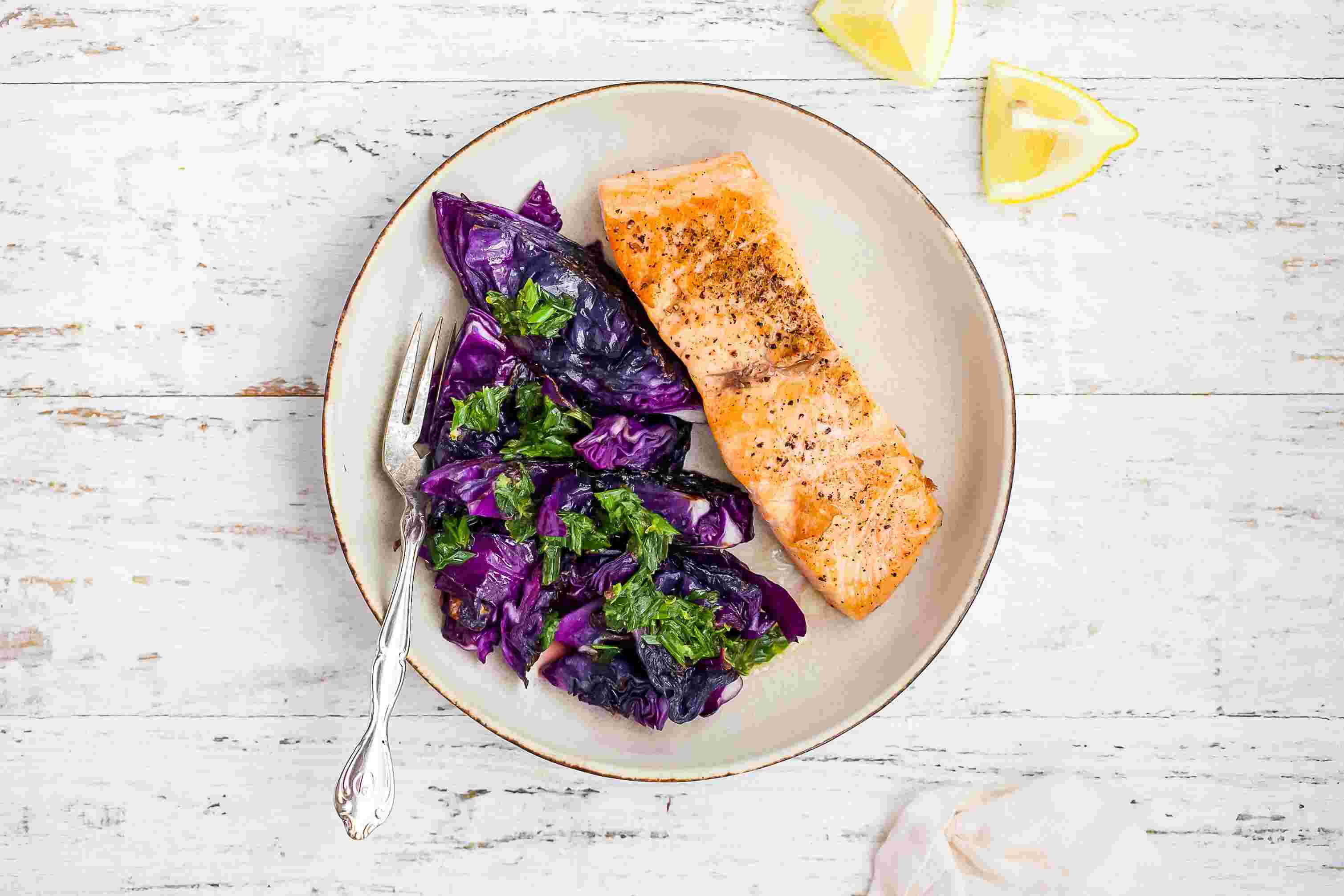Kidney stones can be painful and disruptive to everyday life. One of the most effective ways to prevent them is by making dietary changes, especially focusing on a low oxalate diet. Oxalates are natural compounds found in many plant-based foods, but consuming them in excess may increase the risk of kidney stones. By learning which foods to eat and which to limit, you can take control of your kidney health and reduce the chances of stone formation.
What Is a Low Oxalate Diet?
A low oxalate diet is designed to reduce the intake of oxalate-rich foods, which can bind with calcium in the urine and form kidney stones. People prone to calcium oxalate stones often benefit from lowering oxalate levels through proper food choices. This diet does not eliminate oxalates entirely but helps to balance intake, making it easier for your kidneys to process and stay healthy.
Benefits of a Low Oxalate Diet
Reducing oxalates in your diet has several benefits:
- Decreases the risk of calcium oxalate kidney stones
- Supports better kidney function
- Improves urinary health by lowering oxalate concentration
- Encourages balanced nutrition through careful food selection
Following a low oxalate diet can also provide peace of mind by giving you a clear plan to manage kidney stone risk naturally.
Foods to Limit on a Low Oxalate Diet
Certain foods are especially high in oxalates and should be eaten in small amounts or avoided:
- Spinach, beets, and Swiss chard
- Almonds, peanuts, and cashews
- Rhubarb and okra
- Dark chocolate and cocoa products
- Soy products like tofu and soy milk
By reducing these foods, you can significantly cut down oxalate intake and help prevent stone formation.
Foods Safe for a Low Oxalate Diet
Fortunately, many foods are naturally low in oxalates and safe to enjoy daily:
- Apples, grapes, bananas, and melons
- Rice, pasta, and white bread
- Cauliflower, zucchini, and cucumbers
- Dairy products like milk, cheese, and yogurt
- Lean proteins such as chicken, fish, and eggs
Pairing these foods with proper hydration supports kidney function and lowers the chance of stones forming.
Tips for Following a Low Oxalate Diet
- Drink plenty of water throughout the day to flush oxalates.
- Pair calcium-rich foods with meals to bind oxalates in the gut instead of the kidneys.
- Avoid over-restricting your diet—balance is key.
- Keep a food diary to track your oxalate intake.
For an even easier approach, try incorporating recipes and meal ideas from the Kidney Health Cookbook. This resource is designed to make a low oxalate diet both simple and delicious.
Final Thoughts
Kidney stones can be managed and often prevented with the right dietary strategies. Adopting a low oxalate diet helps reduce your risk while supporting overall kidney health. By knowing which foods to limit and which to enjoy freely, you’ll be better equipped to maintain a healthy lifestyle and keep your kidneys functioning well.
For practical meal plans, recipes, and easy-to-follow guidance, check out the Kidney Health Cookbook and start your journey toward better kidney wellness today.




